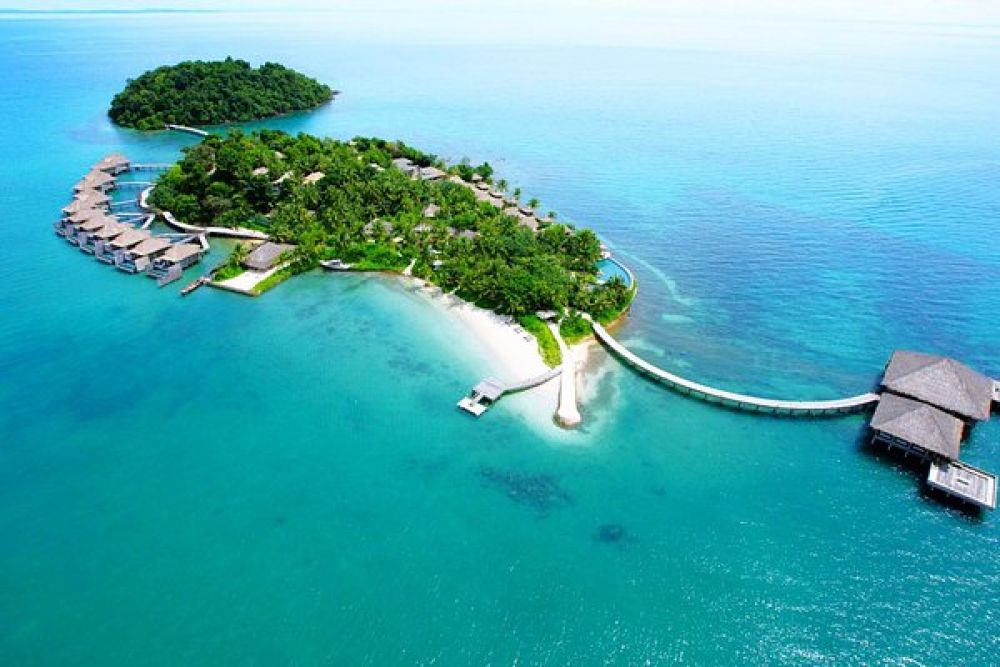

The enthralling island of Koh Kong, located in beautiful Cambodia, has a relatively brief but compelling tourism history. Unlike the more developed and internationally recognized destinations like Siem Reap and Phnom Penh, Koh Kong and its eponymous island have only recently gained traction on the global travel scene.
Until the late 20th century, Koh Kong Province was considered remote and largely inaccessible due to limited infrastructure and ongoing conflicts within Cambodia. It wasn't until the 1990s, with the stabilization of the country and the opening of the Thai-Cambodian border crossing at Cham Yeam, that Koh Kong started to peek its head into the tourism industry.
The early 2000s saw a concerted effort to develop the region's tourism potential, focusing on its vast array of natural resources. The pristine beaches, dense jungles, and the Cardamom Mountains became strong selling points for the burgeoning eco-tourism market. Koh Kong Island, being the largest island in Cambodia, presented a unique opportunity for low-impact tourism development that could coexist with the area's rich biodiversity.
However, the growth in tourism has not been without its challenges. Issues of land ownership, environmental conservation, and sustainable development have been at the forefront of the debate in Koh Kong. Efforts have been made to ensure that tourism development on Koh Kong Island does not detract from its natural beauty or harm the well-being of local communities. Conservation projects and community-based tourism initiatives have started to play a significant role.
In recent years, there has been an uptick in the popularity of Koh Kong as a destination for both domestic and international tourists seeking an off-the-beaten-path experience. The island’s untouched tropical beaches, clear waters, and vibrant coral reefs are major draws. The development of eco-lodges and responsible tour operators, which promote environmental awareness and cultural sensitivity, have catered to the demand for sustainable travel options.
Looking ahead, Koh Kong Island's tourism sector appears poised for growth, given the increasing global interest in remote and unspoilt destinations. With a steadfast commitment to sustainable practices, the island can balance tourism growth with the preservation of its natural and cultural heritage. As such, Koh Kong Island continues to be a beacon for conservation-based tourism in Cambodia.
While still a hidden gem, Koh Kong Island’s beauty and the sustainable approach to tourism it embodies set a course for a promising future, offering visitors unique and authentic experiences, while benefiting its local communities and preserving its natural environment.